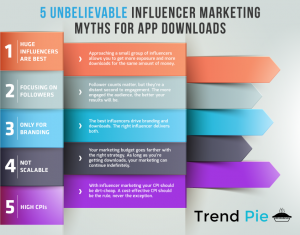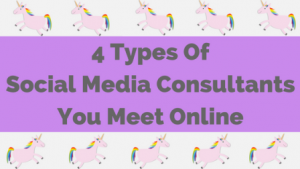Bing has now been around for a couple of months and, although it has failed to change the face of search and seriously rival Google as Microsoft undoubtedly hoped, it is now providing Yahoo with a strong contender for second place in the search wars. While Google is definitely still going to be the primary focus of search engine optimization companies Bing is certainly too big to be ignored. Bing has brought with it some fairly substantial changes to the established set of 10 organic results and this article is going to look at some of these changes and analyze how they might impact SEO.
For the last decade there have been few major changes in the way that search engine results pages (SERPs) display their results. Google have moved towards a combined results page which pulls extra results from image, video, product, news and local searches but the basic set of 10 organic listings still remain; with Bing Microsoft have changed this. Bing splits its results page into 3 columns: the right contains paid advertising (as seems to be the search engine standard now); the center contains the organic listings and the right contains an ‘explorer bar’. The main changes Bing brings affect the center results common and the new explorer bar.
The most dramatic (and potentially worrying for search engine optimizers) change comes by cutting the organic listings from 10 down to 5. It is widely reported that the lower in the results a page is listed the fewer clicks it will get and new five page one results have been forced onto page 2. However these 5 results are not the only ones to be displayed, instead Bing automatically provides further sets of results based on similar searches conducted by other searchers. What this means for SEOs is that Bing actually provides greater scope for long tail key phrases to be found by searchers. To demonstrate this, a website might be optimizing for the phrase “Edinburgh Hotel” previously they would be unlikely to show up for an “Edinburgh” search, but Bing automatically notices that “Edinburgh Hotel” is one of the most common searches and automatically provides some specific results on the “Edinburgh” SERP. Ultimately while this means generic search terms will be harder to rank for, the more targeted long tail key phrases will land on more SERPs.
The explorer bar furthers the long tail search suggestions by providing a list of quick links to these suggested topics, as well as the standard list of “similar searches”. The explorer bar also provides a search history which, despite being pretty useful, has no real effect on SEO.
In the end Bing will not turn the SEO world upside down, it may well prove harder to hit the first page for general terms, but long term keyphrases (generally the ones that transform well) will be more likely to hit the first page.
(317)






